Publications
Articles, publications, books, tools and multimedia features from the U.S. Institute of Peace provide the latest news, analysis, research findings, practitioner guides and reports, all related to the conflict zones and issues that are at the center of the Institute’s work to prevent and reduce violent conflict.
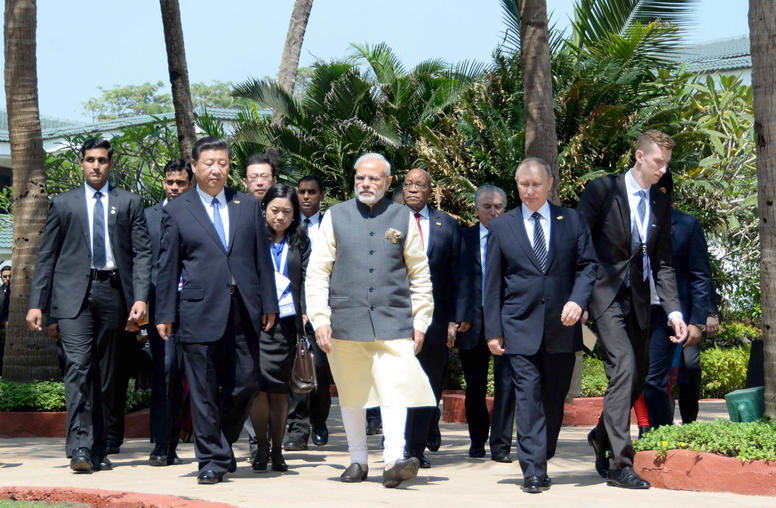
Modi, Putin and Xi Join the SCO Summit Amid Turbulent Times
The Shanghai Cooperation Organization (SCO) resumed in-person summits last week in the wake of the COVID pandemic and at a moment of unprecedent change and challenge. Member states Kyrgyzstan and Tajikistan are at war over their border. So are dialogue partner states Armenia and Azerbaijan. All SCO members are dealing with the economic impact of the Russian war in Ukraine as well as climate disruptions like the floods overwhelming Pakistan. Mistrust between India and Pakistan, full members since 2017, make cooperation difficult on the SCO’s original core mission of counterterrorism. And India and China, which were building toward the “Wuhan spirit” of cooperation when India joined in 2017, are hardly on speaking terms despite recent progress toward deescalating a friction point along their disputed Line of Actual Control.
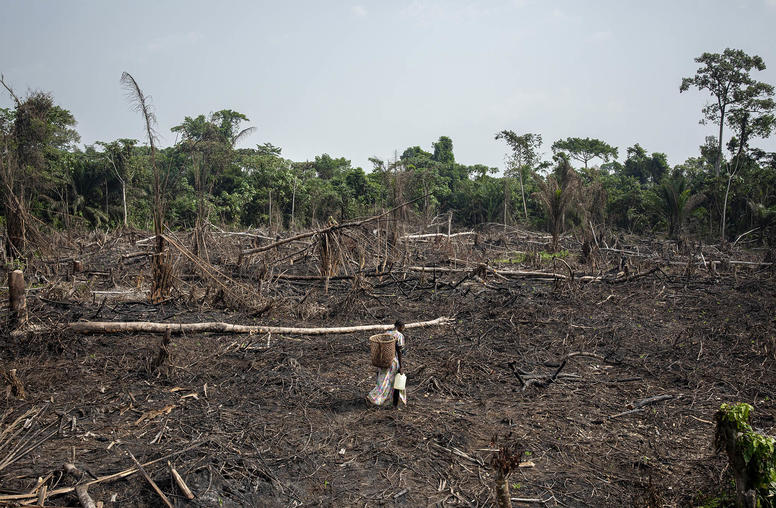
How Climate Change Fuels Instability in Central Africa
Beleaguered by a history of prolonged conflict and socioeconomic insecurity, Central Africa is now considered one of the most vulnerable regions in the world when it comes to climate and environmental shocks. Countries in the region are already feeling the effects, as unpredictable bouts of extreme weather and drought have started to drive displacement, impede governance and incite tensions at all levels of society.
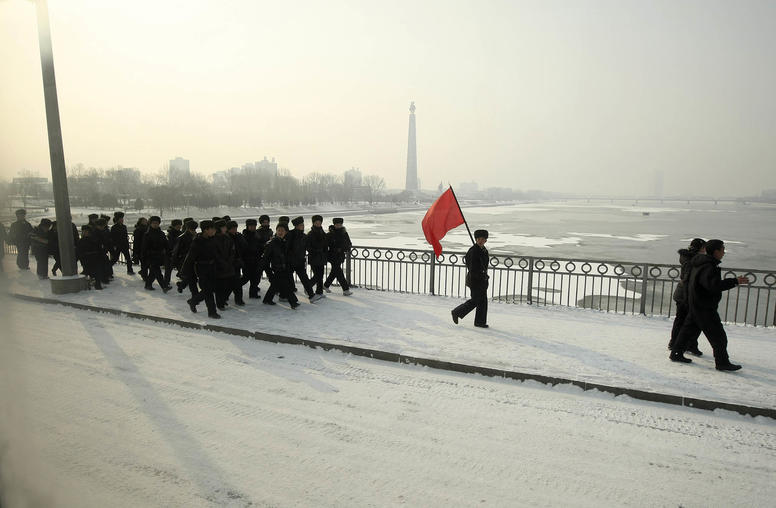
Could Climate Change Compel North Korea to Cooperate?
Like much of the rest of the world, North Korea is experiencing more frequent and more intense climate-related disasters. In the last few years, it has seen its longest drought and longest rain season in over a century. In 2021, the country’s reclusive dictator, Kim Jong Un, called for immediate steps to mitigate the dramatic impacts of climate change, which compound other challenges facing the country, like food insecurity. While North Korea is not exactly known for its efforts to cooperate with the international community, the severe threats posed by climate change could lead to broader engagement that serves Pyongyang’s interests, as well as the interests of the United States, South Korea and China, who all want peace and stability on the Korean Peninsula.
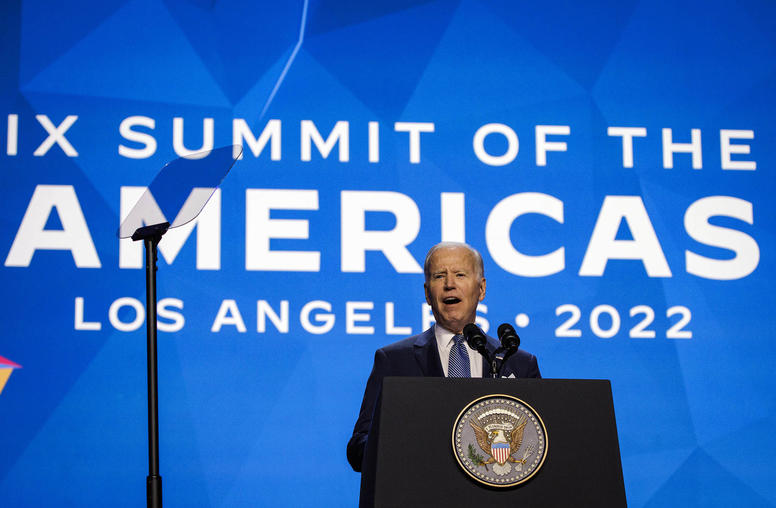
Where Does the Biden Administration’s Western Hemisphere Strategy Stand?
Upon entering office, the Biden administration was faced with a hemisphere in tumult. The COVID-19 pandemic had wrought havoc on health care systems and economies throughout the Americas — instigating new crises and aggravating others that have long plagued the region.
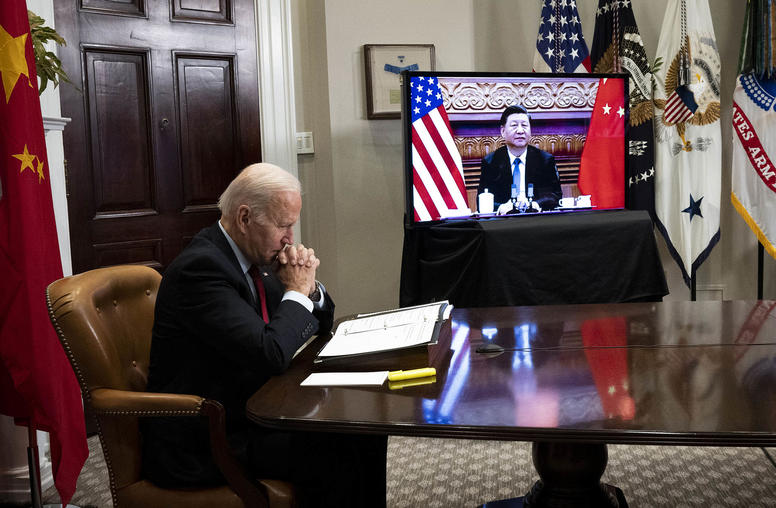
Misreading Biden in Beijing: Perception is Everything in U.S.-China Relations
Beijing’s strong reaction to U.S. Speaker of the House Nancy Pelosi’s August visit to Taiwan highlights how the island has become ground zero in major power competition, with U.S.-China relations at their lowest point in decades. Indeed, the Taiwan Strait is now the most plausible locale for a military confrontation between the United States and China. Most alarmingly, Beijing and Washington are prone to misread the signals of the other, especially where Taiwan is concerned. Misinterpreting rhetoric or actions can be extremely dangerous because it can trigger action-reaction cycles that can spiral into unintended escalation and unwanted conflict.
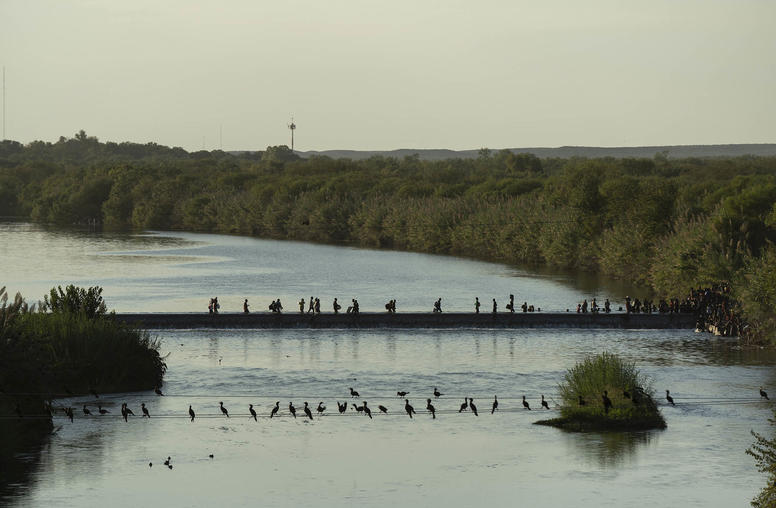
How Climate Change Catalyzes More Migration in Central America
Annual migrant apprehensions at the U.S. southwestern border have surpassed 2 million, breaking previous fiscal year records. The flows (which include large numbers of repeat crossers) have grown increasingly multinational in recent years, including Haitians trying to escape their country’s violence and poverty, along with Cubans, Nicaraguans and Venezuelans fleeing a combination of economic misery and political repression. Mexicans seeking better paid work in the United States also continue to cross the border in large numbers, as they have for generations.
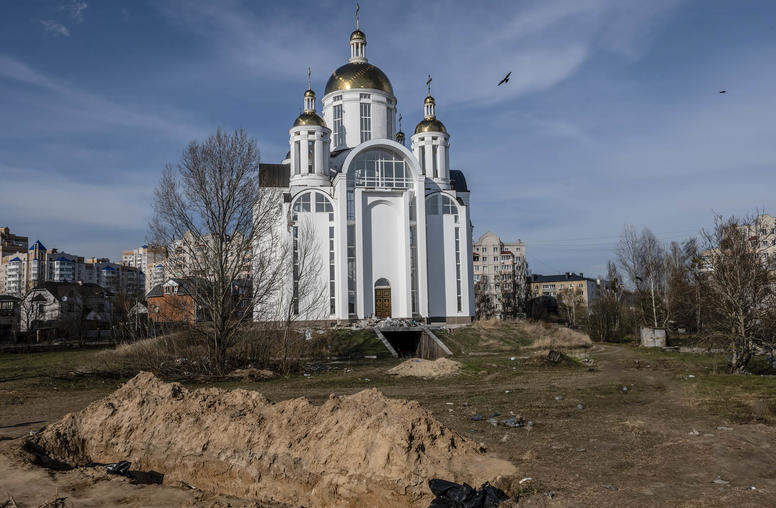
Is Russia Committing Genocide in Ukraine?
Russian troops forced to beat a hasty retreat in Ukraine are leaving behind evidence of war crimes and crimes against humanity. As this body of evidence grows, officials and experts are becoming increasingly convinced that Russia is committing genocide against the Ukrainian people.
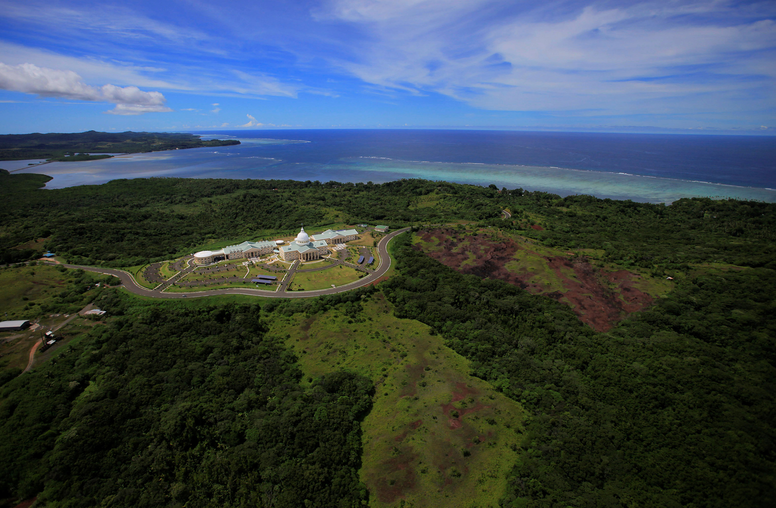
China’s Influence on the Freely Associated States of the Northern Pacific
Around the world, Beijing is investing heavily in diplomatic, security, cultural, and economic ties in a bid to increase its global influence, strengthen its ability to protect and advance its national interests, attract support in multilateral fora and international institutions, and fracture the global consensus on key issues it views as unfavorable to its geopolitical ambitions. The Pacific Islands region—defined as the vast stretch of Pacific Ocean between Asian littoral waters in the west, Guam in the north and Hawaii in the northeast, and Australia and New Zealand in the south and southwest—has been no exception.

Joseph Sany on the International Day of Peace
Ahead of the International Day of Peace on September 21, USIP’s Joseph Sany says the occasion is “an opportunity to celebrate, reflect and demonstrate our commitment” to building peace in our communities — as well as a chance to connect with millions of others through the Peace Day Challenge.
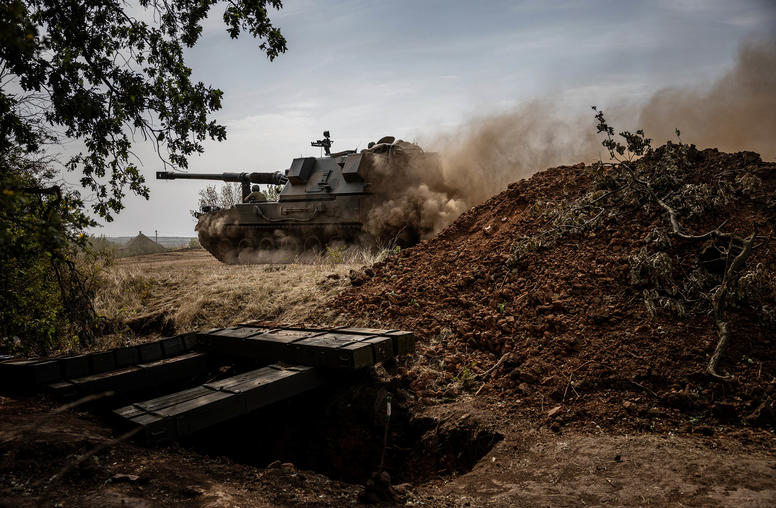
How Ukraine’s Counteroffensives Managed to Break the War’s Stalemate
In recent weeks, two Ukrainian counteroffensives — one in the south near Kherson and another in the east near Kharkiv — have pushed back Russian forces after months of grueling deadlock across the front lines. The eastern Kharkiv attack has been particularly successful, as Ukrainian forces continue to reclaim vast swaths of territory from a seemingly stunned Russian military. USIP’s Mary Glantz examines the resilience of Ukrainian forces thus far, how Ukraine managed to catch the Russian military off-guard outside Kharkiv and Russia’s reaction to what may be a major inflection point in the ongoing conflict.